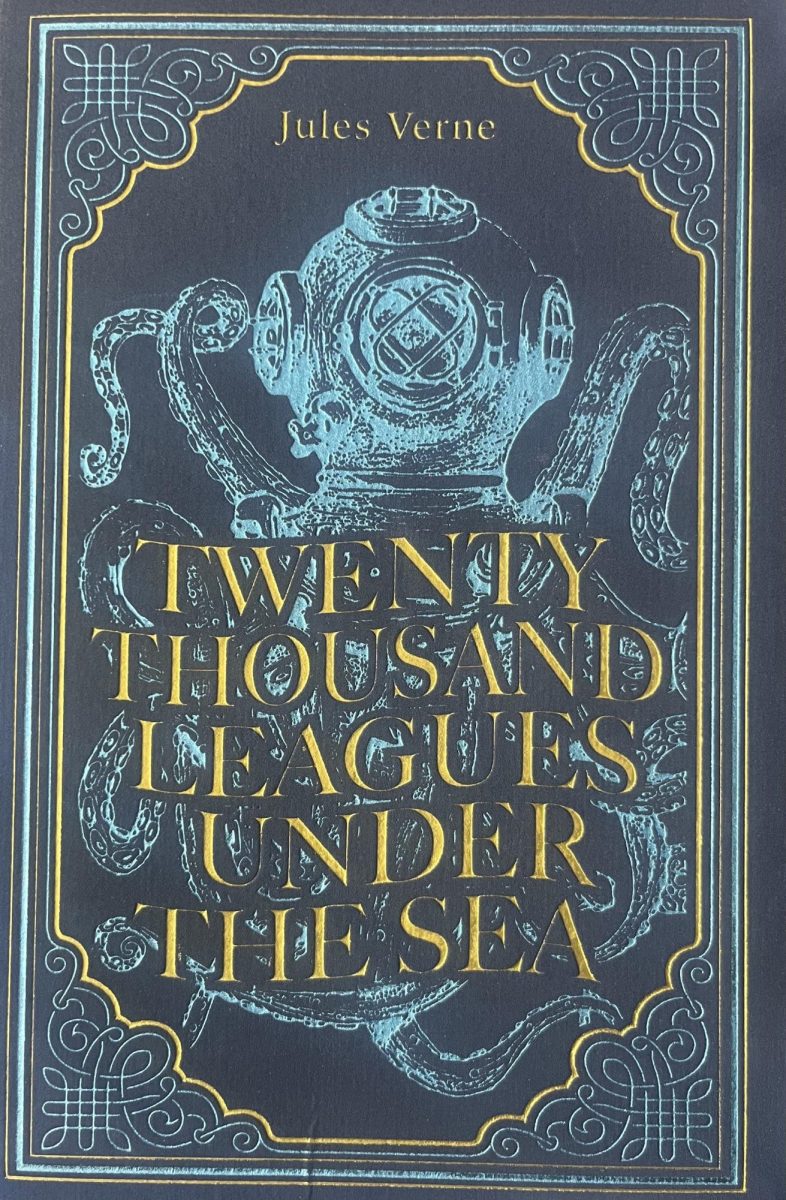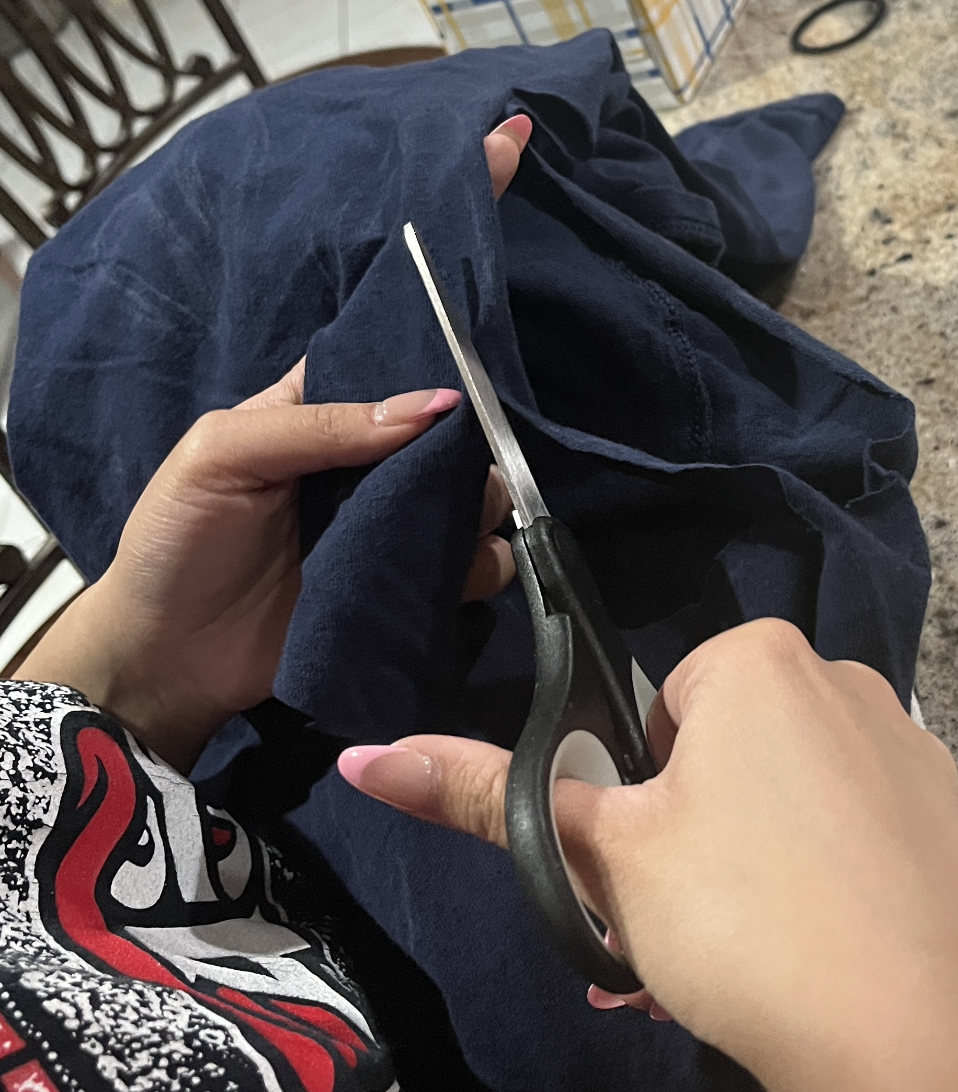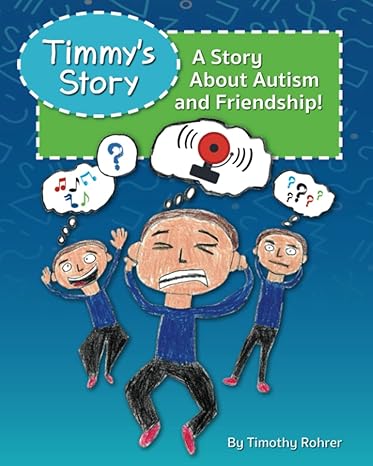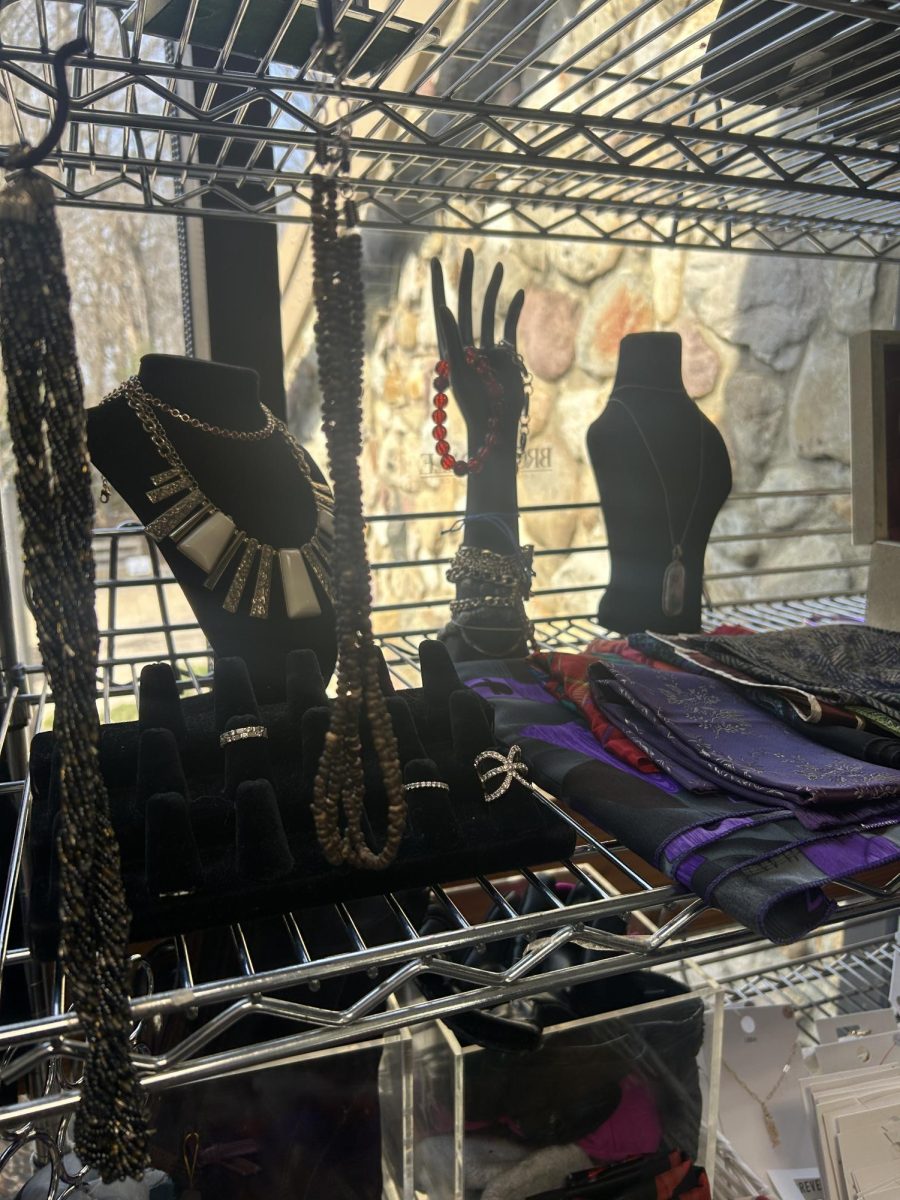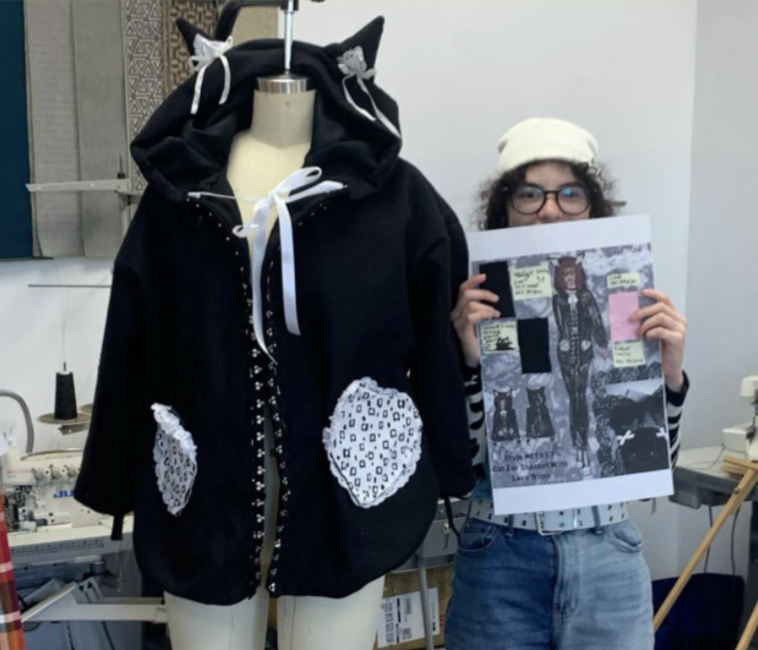Clara’s Closet is a free thrift shop open on campus. Here are a few of their selections.
Fast fashion clothing producers such as Shien, Romwe, and Temu, are known to sell clothes at extremely reduced prices. At face value, these shops seem like a dream for someone who wants more clothes but doesn’t want to spend a lot of money.
But, the prices are low for a reason. As light is shed on the facts of fast fashion, its pay off becomes more and more of a deal breaker.
“In my perspective as a consumer, as a decent human being, the true cost of buying something at that low of a price is never worth it. I think it’s a violation,” said Catherine St. Germaine, a 20-year-old fashion design major from Freehold.
“With the tariffs, it’s not going to kill fast fashion. It’s going to make fast fashion sales excel. It’s going to wipe out sustainable fashion and that whole production of getting things into people’s closets as opposed to a landfill. It’s going to keep getting more and more dystopian,” St. Germaine said.
Fast fashion clothes are made out of cheap material that doesn’t last, breaking after a minimum amount of uses and ending up in dumps.
“It’s worth nothing. It’s a bunch of trash that’s gonna fall apart,” said Danielle Turner, a 20-year-old fashion merchandising and design major from Old Bridge. “Why would you get a bunch of things that’ll fall apart, end up in a landfill, damage the environment, when you could just get one good garment?”
The refusal to buy fast fashion compared to buying a singular good quality piece is shared with Anthony Castello, a 19-year-old business and fashion merchandising major from Millstone. “All those clothes are either gonna rip or tear. The quality is not there. You’re much better off spending a lot of money on one good quality item,” he said.
Because of the ability for many to buy fast fashion in bulk, many of its consumers purchase items that they don’t particularly care for just because they’re getting a deal.
“All it does is promote overconsumption…” said Jack McCarthy, a 19-year-old fashion design major from Hazlet. “What you should be doing is investing in building a wardrobe that will last your whole life.”
Fast fashion sites often find themselves under scrutiny for their involvement in children working on their garments, another factor of their controversial reduced prices.
“If it weren’t for child labor, I’d be like ‘Maybe I’ll give it a shot,’ because maybe I’d be able to bear it if I wanted to look good, and it’s cheap,” said Corbyn Selby, a 19-year-old humanities / liberal arts major from Matawan. “When Temu first became well known, I didn’t know any of the consequences, just that it’s very cheap. All I’ve heard is that fast fashion is bad. I don’t like child labor, so I’m not gonna involve myself in that.”
Another aspect of fast fashion that doesn’t sit right with Selby is the texture of the inexpensive garments. “There’s a 90 percent chance that if it’s cheap, I’m never gonna wear it,” he said. “Even if it’s not cheap material, but it just doesn’t sit right with me, I’m usually like, ‘No. Never again.’ I’d love to be more fashionable, but I feel like a lot of times material is what f*&%$ me up.”
“I want my clothes to be quality,” Turner said in relation to their opposition to fast fashion.
“I don’t think I’ve ever bought from Shein and stuff like that. I’ve always had a strong disdain for fast fashion,” said St. Germaine.
With all of these fast fashion cons, it can beg the question of what people who are struggling financially should do instead to obtain new pieces of clothing. A popular alternative is thrifting.
“There’s not many positives for people who don’t have a lot of money in fashion. It sucks the most for independent people, but there’s always a more ethical option,” McCarthy said. “You could go to a thrift store. You could ask people for their secondhand clothes… You never have to buy clothes off Shein.”
“I don’t judge you if you don’t have a lot of money. I know it’s hard in this economy. But, I feel like there’s still ways that you can try to be better,” Turner said. “You can be creative and do DIY stuff. You can try to go thrifting. There’s better options. I see why people buy from fast fashion, I just feel like it’s not worth it in the long run.”
“Thrifting would be better. That’s a cheap option. The material is better and there’s no child labor involved,” Selby said.
Although thrifting is an ideal way of getting clothing in many ways, it’s unrealistic to push that people buy everything they wear secondhand.
“I feel like thrifting is a great option. However, you cannot buy every single thing from the thrift store,” Castello said. “However, there are sales and estate sales. I think that there should definitely be other ways to get clothes.”
St. Germaine agrees with this idea. “I would say try and stay in the thrifted realm as much as one person can, but it also comes from a place of privilege when people are encouraged to ONLY thrift,” she said. “These days, I feel like corporate greed is everywhere. Even places like Goodwill are putting up their prices because thrifting is more trendy now than ever.”
Oftentimes, expensive clothing has high prices due to the first-rate quality of their material.
“A lot of fashion is a lot of high quality stuff, so they’re more on the high price end,” said Fiona Fitzgerald, a 22-year-old fashion merchandising major from Shrewsbury.
Although, she emphasizes that there’s a time and place to buy costly clothes.
“Why do you need a new designer bag or new designer shoes every two to three weeks? What if you’re not making minimum wage? What if you haven’t even gotten your paycheck?” she said. “If you have the money, that’s fine. But even if you have the money, why wouldn’t you want to save that toward something more important, like buying a house or something you really need?”
Outside of the fashion realm, Brookdale students are also worried about the cost of everything in general since the announcement of Trump’s tariffs.
“I feel like the cost of living is gonna go way too high. We’re already struggling enough. Nothing is gonna be affordable,” Turner said.
“I know at my job, the cars will be going up in price. So, consumer satisfaction is at an all time low. People do not want to spend their money, or if they do they’re panicked. These tariffs are not a good idea,” Castello said.
“I have not been shopping that much out of instinct, anticipation for these tariffs, but everyone’s seen the price of eggs go up,” St. Germaine said. “It’s gonna be harder to live, spend money and survive in that way.”
“Tariffs in general, the tariffs that are going on right now… very unintelligent,” she said. “The middle and working class are struggling. This is only going to benefit a small number of people who are very interested in screwing over the middle or working class.”

